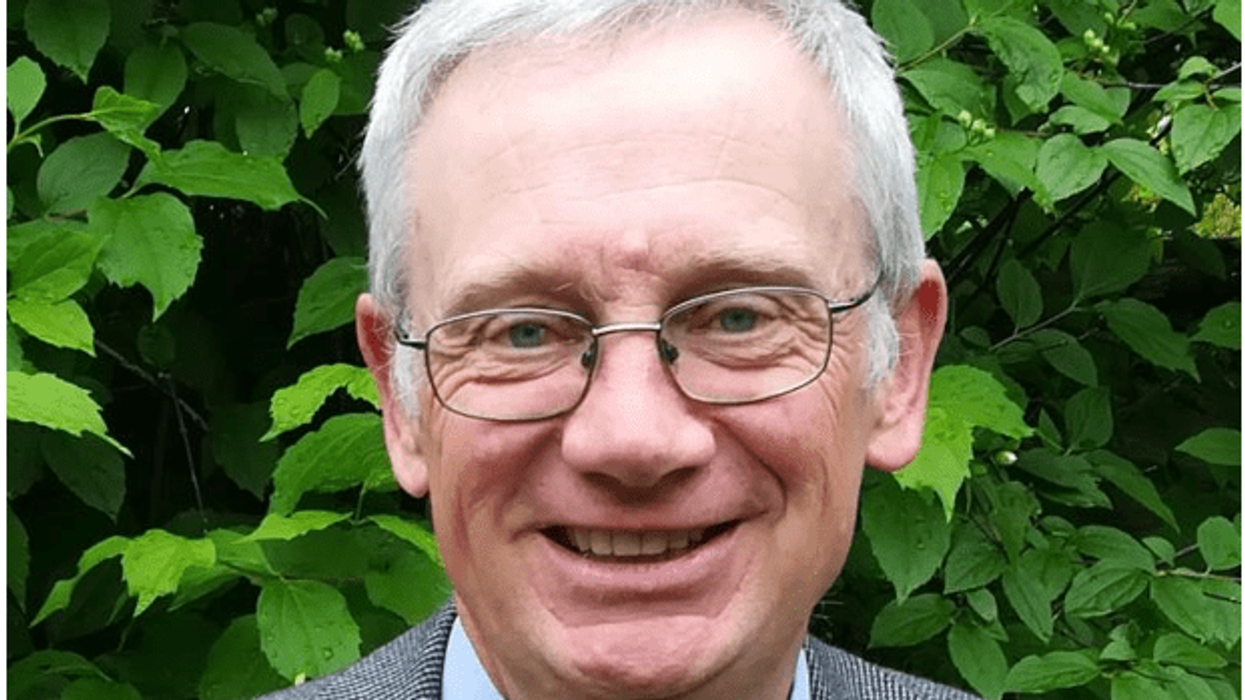A public historian in England is trying to track down relatives of soldiers of the British Indian Army held as Prisoners of War (PoW) in Germany, Italy and France during the Second World War.
Dr Ghee Bowman in South West England and author of the book The Indian Contingent: The Forgotten Muslim Soldiers of Dunkirk became interested in these stories when he was working on his first book, a statement said.
Around 15,000 Indians - mostly captured in Greece and North Africa – were held for up to five years, and almost none of their stories are known. Among them were Muslims, Sikhs, Hindus and Gurkhas.
“I grew up in the 60s and 70s, with Colditz on TV, The Great Escape at the cinema, so I thought that PoW stories were all about posh Englishmen with moustaches and vaulting horses. I didn’t realise that there were Indians at Colditz, that there were thousands of Indian soldiers who were made to work for the Germans, and that - amazingly – the largest successful escape by any PoWs in the war was a group of Indians. There’s so much to discover and so much to tell," Dr Bowman said.
“Those 15,000 PoWs must have thousands of descendants alive today, some of them with stories of hardship and escape, endurance, collaboration, maybe even romance. I’d love to hear from them “.
He has been researching in archives in Britain and Europe but is also keen to hear from families in the UK, South Asia or elsewhere in the world.
According to the statement, Hardip Singh, Buland Khan and Noor Hassan Khan were among many others who were captured during the war.
Hardip Singh of the Punjab regiment was captured at Benghazi in Libya in 1942. He spent over a year in PoW camps in Italy until the Italians surrendered. He along with some comrades joined a band of Italian partisans resisting the Germans, until eventually, the Allied front line caught up with them.
Buland Khan was a mess servant in a mule transport company in France in 1940. He was captured in June 1940 and spent the next few years in various camps until he landed in a camp in Rennes, in northeast France. He escaped from there and was whisked across the channel at midnight from Brittany to Dartmouth in a boat full of US flying crew.
Noor Hassan Khan was part of the staff of a canteen in Lamsdorf in Silesia. As the Russians advanced through Poland in the early part of 1945, the prisoners were forced into a long and dangerous march westwards.
He added: "I want to compile a definitive list of the names of all the Indians and Gurkhas in camps, and challenge the narrative that says ‘Indians weren’t there, Indians don’t care about the Second World War’. I’m looking for people who remember they were there- maybe there’s some old letters, a photo from a camp, or just something your granddad used to tell you. As a public historian, my job is to find these stories and share them with the world”.
Find Dr Ghee Bowman on twitter @GheeBowman, email- G.Bowman2@exeter.ac.uk





